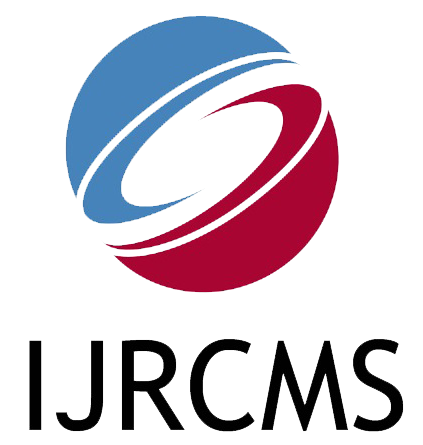| Title: IMPROVING THE SCHOOL BUILDING DELIVERY PROCESS IN POST CONFLICT IRAQ |
| Author: Dr. HABIB ABDUL HUSSAIN AL-SHAMMERY |
| Abstract: The school building delivery process has been affected by the prolonged armed conflicts and wars that took place in Iraq. The evaluation was carried out by identifying the strengths, challenges, and recommendations of the process. The study has also linked the challenges that the process is facing in post-conflict Iraq to the political, economic, social, and cultural factors that play the greatest role in making this process what it is. The study adopted a multiple case study as the research strategy, using the Saunders Onion model. The use of a multiple-case study has allowed the researcher to ensure precision and validity. Findings showed that the delivery process has manifested some strengths in post-conflict Iraq. The study also made recommendations that are derived from the features of the school building delivery process gaps and complexities. When a war-torn society begins to make changes in education, it can bring about changes in the entire society. |
| Keywords: Education, wars, school building delivery process. |
| DOI: https://doi.org/10.38193/IJRCMS.2023.5409 |
| PDF Download |
| References: Ang, S. H. (2014). Research Design for Business & Management. SAGE. Askari, H. (2012). Conflicts and Wars: Their Fallout and Prevention. Springer. Benard, C. (2008). Women and Nation Building. Rand Corporation. Butcher, J. Bastian, P, Beck, M. de’ Arbon, T. & Taouk, Y. (2015). Timor-Leste: Transforming Education Through Partnership in a Small Post-Conflict State. Springer. Christie, D.J. (2011). The Encyclopaedia of Peace Psychology, Volume 1. John Wiley& Sons Clarke, S.R. P. & O’Donoghue, T.A. (2013). School-Level Leadership in Post- Conflict Societies. Routledge Cooper, P. J. & Vargas, C. M. (2008). Sustainable Development in Crisis Conditions: Challenges of War, Terrorism, and Civil Disorder. Rowman & Littlefield. Dupuy, K. E. & Peters, K. (2010). War and Children: A Reference Handbook. ABC-CLIO Eadie, P. & Rees, W. (2015). The Evolution of Military Power in the West and Asia: Security Policy in the Post-Cold War Era. Routledge. Fink, G. (2010). Stress of War, Conflict and Disaster. Academic Press. Fontana, G. (2016). Education Policy and Power-Sharing in Post-Conflict Societies: Lebanon, Northern Ireland, and Macedonia. Springer. Gatrell, J. D. Bierly, G. D. & Jensen, R. R. (2011). Research Design and Proposal Writing in Spatial Science: Second Edition. Springer Science and Business Media. Ingram, S. Kent, L. & McWilliam, A. (2015). A New Era? Timor-Leste after the UN. ANU Press. Johnston, B. R. (2016). Life and Death Matters: Human Rights, Environment, and Social Justice, Second Edition. Routledge. Jong, D. D. D. (2015). International Law and Governance of Natural Resources in Conflict and Post-Conflict Situations. Cambridge University Press. Loevinsohn, B. (2008). Performance-based Contracting for Health Services in Developing Countries: A Toolkit. World Bank Publications. Osei, G. M. (2009). Education in Post-colonial Ghana: Teachers, Schools, and Bureaucracy. Nova Science Publishers. Oudraat, C. D. J. (2011). Women and War: Power and Protection in the 21st Century. US Institute of Peace Press. Saunders, M., Lewis, P. & Thornhill, A. (2009) Research Methods for Business Students, 5th edition. London: Pearson Education Limited. Sweetman, C. (2005). Gender, Peacebuilding, and Reconstruction. Oxfam. essiveness of Manufacturing Companies Listed |
International Journal of Research in Commerce and Management Studies (IJRCMS)
ISSN 2582-2292, An open access bi-monthly e-journal
